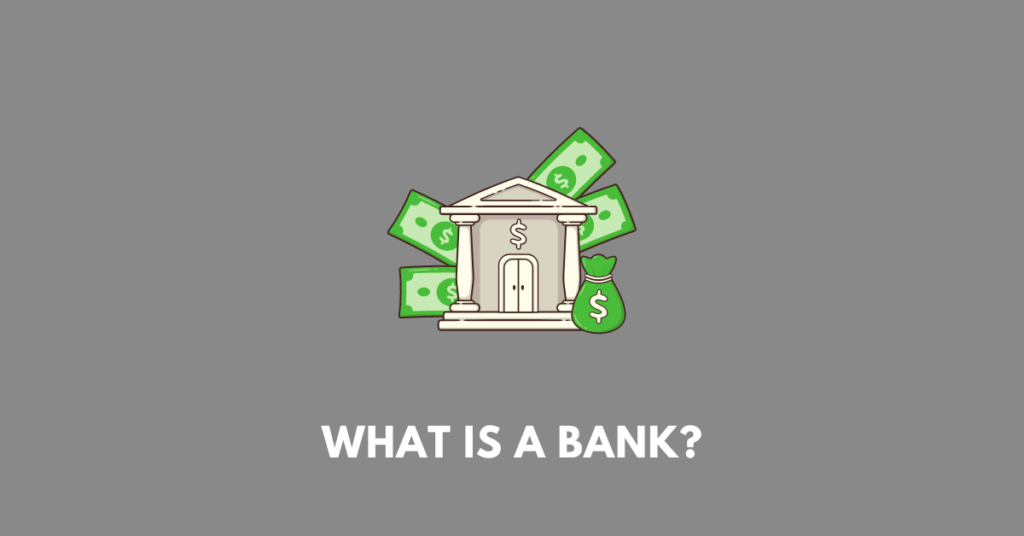Get summary, textual answers, solutions, notes, extras, MCQs, PDF of NBSE Class 9 Financial Literacy Unit 6 What is a Bank?. However, the educational materials should only be used for reference, and students are encouraged to make necessary changes.
Summary
This chapter explains what a bank is and how it works. A bank is a place where people can deposit their money for safekeeping and withdraw it when needed. In return, the bank pays interest on the deposited amount. If someone needs more money than they have saved, banks can lend them money, which is called a loan. The borrower has to pay interest on the loan. For salaried people, loans are often paid back in small, regular payments called Equated Monthly Instalments (EMI).
To open a bank account, a person needs to fill out a form and submit documents like proof of identity and address. The account can be opened in a single name or jointly with family or friends. Once the paperwork is done, the bank provides the account holder with a unique account number, a cheque book, a passbook, and sometimes internet banking details. Internet and phone banking make transactions easier for the account holder.
Money can be deposited in the account using a pay-in slip, which is a form that provides the bank with details about the deposit. A withdrawal slip is used to take money out of the account. The passbook records all the transactions made in the account, including deposits and withdrawals.
Banks offer different types of accounts. A savings account is meant for people who want to save money regularly. It earns interest, but there are some limits on how often deposits and withdrawals can be made. A current account is mostly used by businesses. It does not earn interest, but it allows more frequent transactions and the ability to borrow more money than is available in the account.
This chapter also provides samples of pay-in slips, withdrawal forms, and passbooks, explaining the importance of each in managing bank transactions.
Textual MCQs
1. Banks pay the depositor ______ in return for depositing the money.
A. loan
B. interest
C. allowance
Answer: B. interest
2. When an account holder needs money over and above his savings for any purpose, then banks also lend money to him, which is known as a ______.
A. interest
B. loan
C. allowance
Answer: B. loan
3. The person who gets a loan from a bank can be termed as a ______.
A. lender
B. borrower
C. depositor
Answer: B. borrower
4. After opening a bank account, the bank allots a unique ______ number to the account holder.
A. account
B. ledger
C. folio
Answer: A. account
Extra/additional MCQs
1. What does a bank offer for depositing money?
A. Loan
B. Interest
C. Overdraft
D. Cheque
Answer: B. Interest
10. Who typically holds current accounts?
A. Students
B. Businessmen
C. Retirees
D. Housewives
Answer: B. Businessmen

Get notes of other boards, classes, and subjects
